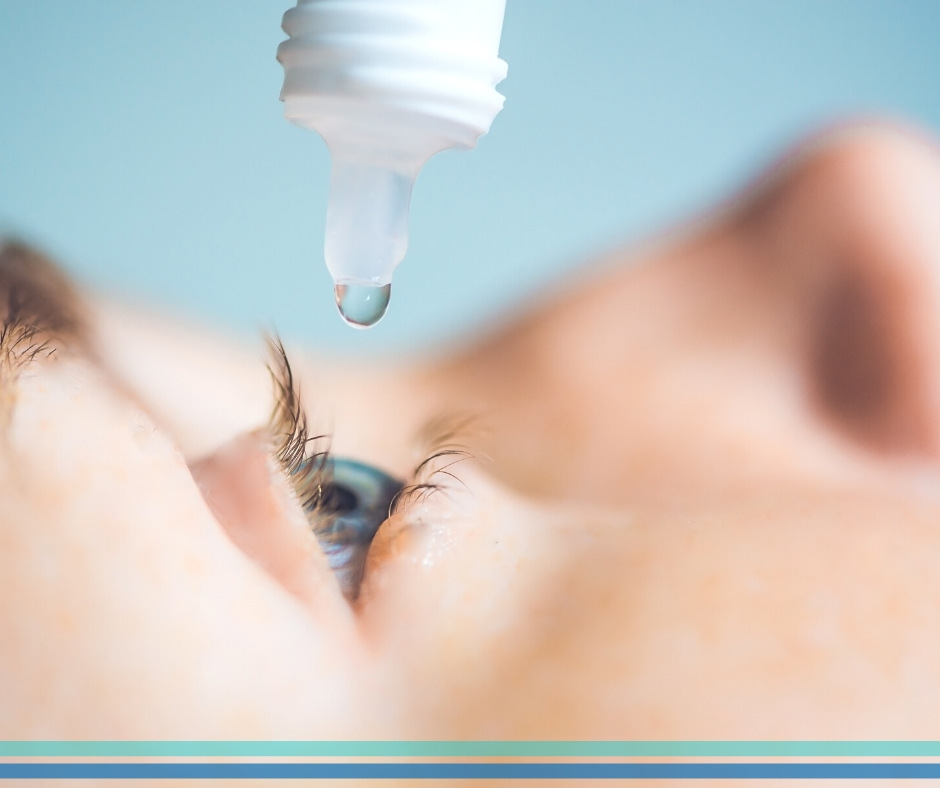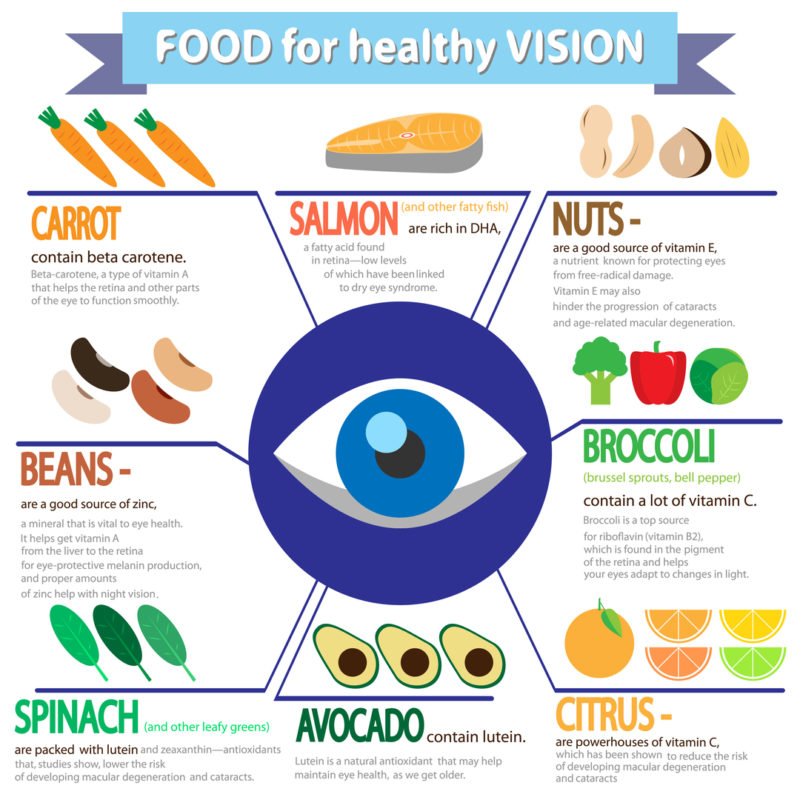Overview
A cataract is a clouding of the eye’s natural lens that gradually reduces clarity and contrast. Symptoms often include glare, halos at night, and faded colors.
Being told you have cataracts doesn’t always mean surgery is next. Many patients can slow the progression of cataracts with consistent habits and regular eye exams. Eventually, surgery may be recommended — but smart day-to-day choices can help preserve vision longer.
Protect your eyes from the sun
Wear quality sunglasses outdoors that block 100% of UV light (and ideally absorb most high-energy visible light). Larger lenses or close-fitting wrap styles offer better coverage — use them daily, even when it’s cloudy, and especially during peak midday hours.

Avoid unnecessary steroid eye drops
Some steroid eye drops can accelerate cataract progression. If you use them for other conditions (like dry eye or inflammation), talk with your eye doctor about alternatives and ways to minimize cataract risk.

Review your medications
Many common medications may influence cataract progression. Since not all providers see the same chart, ask your primary care clinician and eye doctor whether any of your prescriptions warrant extra UV protection or closer monitoring.

Quit smoking
Smoking is a significant, long-term risk factor for cataracts. Quitting now can help slow future changes and support overall eye health.

Follow an eye-healthy diet
Diets rich in antioxidants (think dark leafy greens, colorful fruits/vegetables, legumes, and even dark chocolate in moderation) are linked to better long-term eye health. Fish high in omega-3s may also help; many patients benefit from a multivitamin with vitamins C and E. Discuss a balanced plan that works for you.

When surgery is the right choice
Even with great habits, cataracts commonly progress with age. If glare, blur, or night-driving problems begin to limit daily life, your eye care provider can talk through timing, lens options, and a referral for cataract surgery when appropriate. Regular eye exams help you decide together.